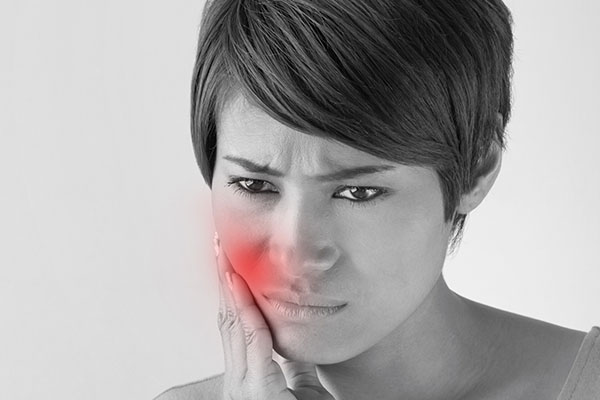 Gum disease attacks the healthy gum and bone structure in the mouth and in extreme cases can cause the teeth to fall out. Bleeding gums are an early warning sign of the infection, but unfortunately, many smokers, vapers, and tobacco chewers miss it. Because of this and other factors, smoking is a leading cause of gum disease in patients in the United States.
Gum disease attacks the healthy gum and bone structure in the mouth and in extreme cases can cause the teeth to fall out. Bleeding gums are an early warning sign of the infection, but unfortunately, many smokers, vapers, and tobacco chewers miss it. Because of this and other factors, smoking is a leading cause of gum disease in patients in the United States.
The link between tobacco and gum disease
Smoking does not so much cause gum disease as it exacerbates it. Gum disease is the result of plaque buildup in between and around the teeth. Plaque, if allowed to sit along the gumline, can irritate the tissue and cause it to become swollen and red. In many cases, bleeding gums soon follow. There are three ways that smoking can worsen this condition.
1. Immune system issues
Smokers have impaired immune systems. In a non-smoker, the immune system is likely to recognize the infection and take immediate action to combat it. In smokers, however, the body may be slow to respond to the infection and struggle to fight it. This raises smokers’ risk of developing more severe forms of gum disease, such as periodontitis, and in turn increasing the risks of tooth loss.
2. Lack of bleeding
Smoking can also hide or prevent the early warning signs of gum disease. Bleeding gums are one of the most common early symptoms of gingivitis. Unfortunately, because nicotine restricts blood flow, many smokers never experience this sign.
3. Gum discoloration
Gums developing gingivitis often turn from pink to red in the early stages. However, it is not uncommon for smokers to have gums that are grey or discolored, so the color change goes unnoticed.
The difficulties of treating gum disease in smokers
Once infected, gum disease is difficult to treat in smokers for several reasons. For starters, because tobacco use masks many of the early warning signs of gingivitis, the disease is often in its more advanced stages by the time it is recognized in a smoker. Advanced forms of gum disease require more extensive and ongoing treatment to cure than simple gingivitis.
As well, smoking inhibits the body’s ability to fight infection. Smokers do not respond as well to gum disease treatments as non-smokers. For many smokers, treatment causes dry sockets during the healing phase, which can be very painful. Smokers also tend to experience increased pain following gum surgery and lower dental implant success rates.
Quitting tobacco use
The primary recommendation for smokers to follow for their oral health and overall health is to quit smoking. Smokers who develop gum disease and bleeding gums and who subsequently quit typically have better outcomes than smokers who continue to use tobacco during treatment. Tobacco users who quit before developing gum disease may be able to prevent it entirely.
Conclusion
Tobacco use in all forms can have severe adverse impacts on a person’s dental and overall health. If you smoke, talk to a local dentist about ways to avoid gum disease and other oral issues.
Request an appointment or call Daniel Dentistry at 305-677-0042 for an appointment in our Miami office.
Related Posts
Along with swelling and pain, consistently bleeding gums can be a symptom of gum disease. There are two main types of gum disease, gingivitis and periodontitis, with the latter being a more advanced version. In serious cases, this condition can ultimately result in tooth loss. It is helpful to understand who may be more susceptible…
One of the most common indicators of dental troubles is bleeding gums. Patients often first notice bleeding while brushing and flossing their teeth. Some people may not realize the significance of this symptom, however. It is important for dental patients who notice any bleeding in the gums following brushing or flossing of the teeth to…
Bleeding from any area of the body is concerning, and bleeding gums are no exception. There are some simple causes for gums to bleed, including a new flossing routine or brushing too hard. A more serious concern for gum bleeding is periodontitis, also known as gum disease. Gum disease has many symptoms, and individuals who…
